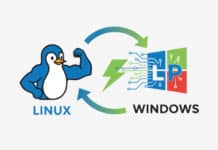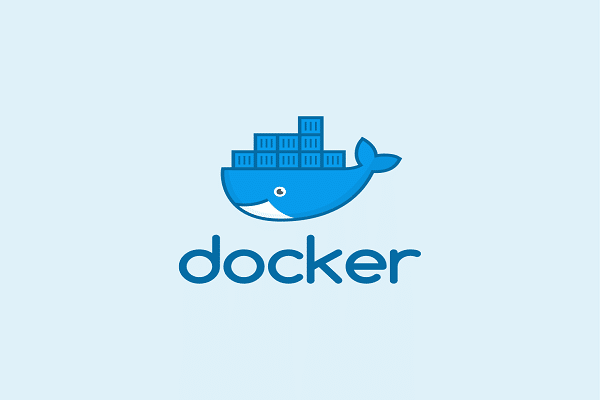- Docker hopes to reinvent itself and become the go-to cloud-native developer tool vendor.
- The company has chosen to move from the enterprise domain to focus squarely on the developers
Docker had a catastrophe last year when CEO Steve Singh stepped down, the company sold its enterprise business to Mirantis, and long-time executive Scott Johnston took over as CEO.
The organization that emerged chose to re-model as a developer tools company. In an interview with TechCrunch, Johnston recalled what happened in December 2019 when Docker shifted from the enterprise business and revisited its developer roots.
“In November, we separated the enterprise business, which was very much focused on operations, CXOs and a direct sales model, and we sold that business to Mirantis.” He further recalled, “At that point, we decided to focus the remaining business back on developers, which was really Docker’s purpose back in 2013 and 2014.”
What Docker has in its support is its reputation as the company that spread the notion of containerizing software. It is anticipating to exercise that repute with the newly aligned company. To that end, it intends to lessen some of the growing complications around the building, shipping and running cloud-native applications.
In particular, Docker has opted to focus on three areas. The first is to deal with the growing volume of containers. Johnston expresses that, in the early days, the container was almost magical. But now, applications contain as large as hundreds of containers, creating a layer of complexity that he believes tools like Docker App, Docker Compose, and other third-party partner integration tools can help resolve.
The next goal is the management of the toolchain itself when companies move through a continuous delivery cycle and use Git repositories. He sees a market that has disintegrated and created tool silos around the different fragments of the chain. Docker offers Docker Desktop and Docker Hub along with partnerships with the Git repositories to help developers manage their toolchain.
Finally, Docker wishes to help companies better manage open source, including licensing, updates, and patches.
Though the company has taken its attention off of enterprise in favour of aiming solely at developers, Johnston expresses that the company may again find its way back to the enterprise domain at some point—but with a SaaS approach.
















































































